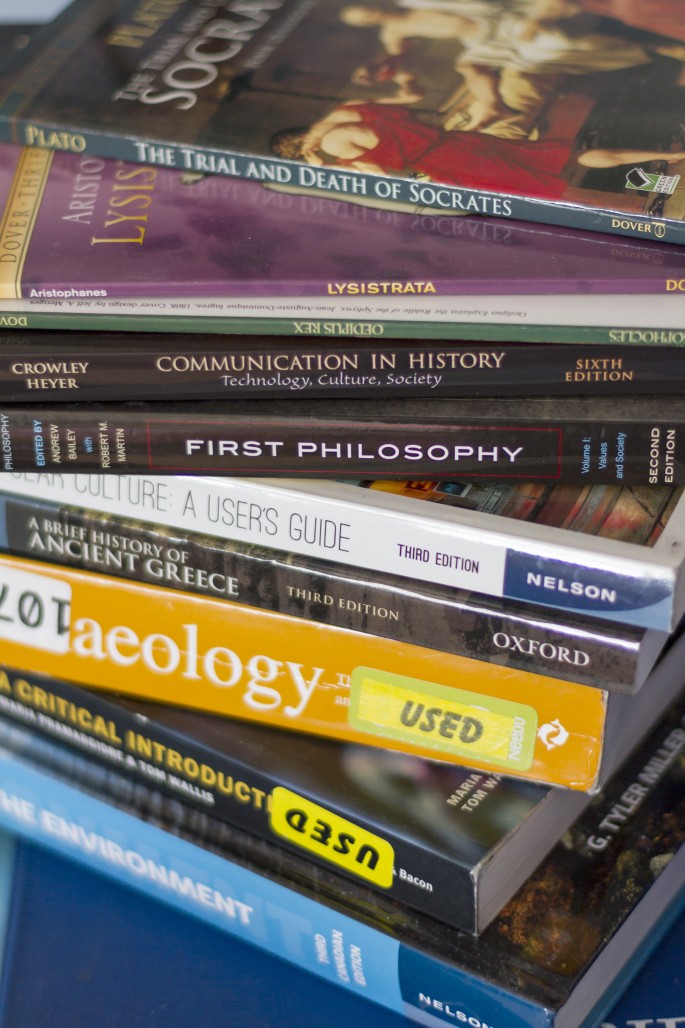
Choosing a career path is hard. Our own desires tend to conflict with what we are told by our families, friends and the messages around us. From the ages of eight to 18, I went through the following career obsessions: Writer, veterinarian, writer, photographer, actor, writer. You can see the common theme.
Although I was close to being swayed into a supposedly practical career in the sciences or math, I ended up gravitating towards my long-lasting passion in the arts. I’m now a student in Communication Studies and I’m happy that this is the choice I made, for a multitude of reasons.
If you’re an arts student that doubts the validity of their degree like I have, you’ve come to the right place. I am here to affirm your choice. Because if you have the courage to go into a program that you truly enjoy, despite the stigma around it, you can be sure you’re following the right path.
Even if I wasn’t fully aware of why I chose Communication Studies in the first place, I’m pretty sure I knew that pursuing a science or business degree wouldn’t be of any use to me in terms of my desired skills. It wouldn’t have made me any smarter in the way that I had wanted.
My own definition of intelligence is not based on the amount of knowledge I have, the depth of concepts I’ve memorized or how well I can do math. Intelligence as it matters to me mainly concerns my ability to understand life as it is past a superficial level. Or, to put it simply, to think critically.
When I talk politics to my family, listen to the news or watch a movie, I question and analyze everything I see and hear. It’s turned me into somewhat of a cynic, as well as what I’m sure many a person would consider an overly “woke” social justice warrior. They wouldn’t be wrong, but I also don’t consider this an insult.
This ability to think critically is infinitely valuable to me. Whether it’s in my career or in my regular life, I will be able to make my own opinions and not mindlessly follow the crowd.
Obviously, you can have formal training in non-arts disciplines and still be a good critical thinker. But I find it a lot easier to think twice about what’s presented in the world around me when I have literally been taught how to in the first place.
And it’s not just critical thinking that’s taught in arts programs. There are so many other essential life skills that come with getting degrees in this field. You can deeply develop soft skills like communication, creativity, cultural understanding and literary analysis.
It’s true that because they do teach such soft and often very flexible skills, it can be unclear where degrees in subjects such as English, sociology or global studies will lead you. Career paths within the arts and humanities are not set in stone and often come with some instability. As a result, many discredit such fields for their lack of security.
On the other hand, becoming a doctor gives you the specific, practical ability of helping people’s bodies function. Going into engineering will teach you how to design and build structures and machines. Pursuing business will (ideally) make you money. These careers do offer the security many people will understandably prioritize in their lives.
We typically place value on the work that earns us a guaranteed income and lifestyle, and thus the degrees that teach hard, tangible skills. But I also see significant value in careers that aren’t so traditional, or contribute to the economy in the most productive way.
As I mentioned before, the arts degrees that fuel these careers obviously give you a valuable skill set (while letting you pursue something you actually enjoy). But more importantly, they help you make your own decisions, ones that may not necessarily be in favour with our capitalist and consumerist privatized economy.
As Karl Marx understood things, the constant, tangible productivity of workers is what runs the entire system. While traditional career paths support this structure, I see careers stemming from the arts and humanities as giving us the critical thinking skills needed to comment on its absurdity.
The mischievous, verging-on-socialist part of me wholeheartedly supports this approach to subverting capitalism. As I continue through my coursework, learning about the many flaws of the system we’re all part of encourages me to further my learning in attempts to disrupt it. It is the reality of how our lives currently function, but from global economic inequality to environmental destruction, capitalism will also be our downfall.
Ultimately, careers beginning in arts degrees threaten to destabilize the capitalist industries built by non-arts degrees.
Yes, yes, I hear your cries about how unrealistic this goal is. You would be right, of course, at least in the grander scheme of things. But being part of a younger generation that understands the need for change, I don’t think such a disruption is entirely out of the picture.

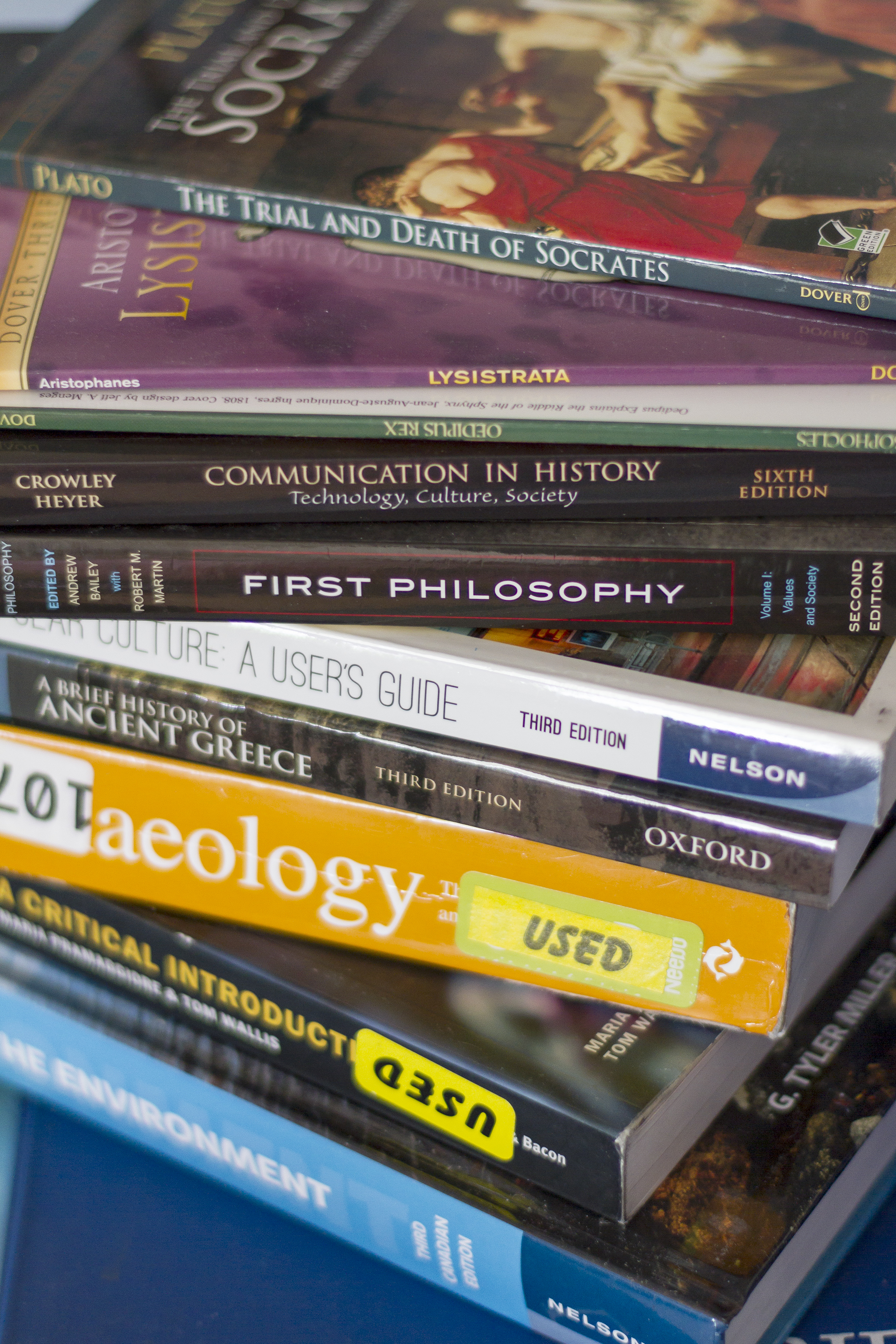
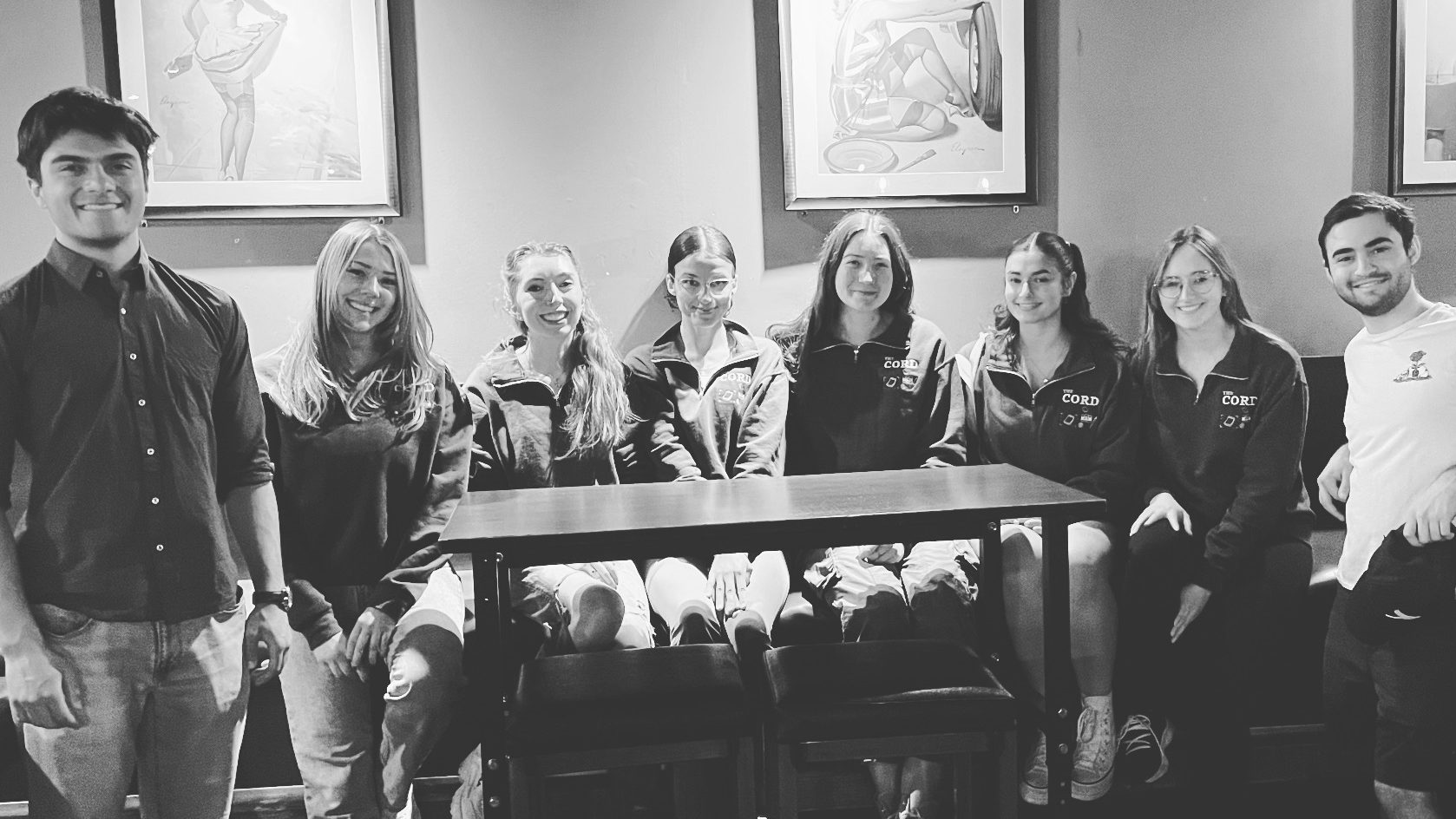

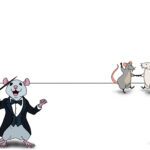


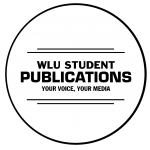
Leave a Reply
You must be logged in to post a comment.